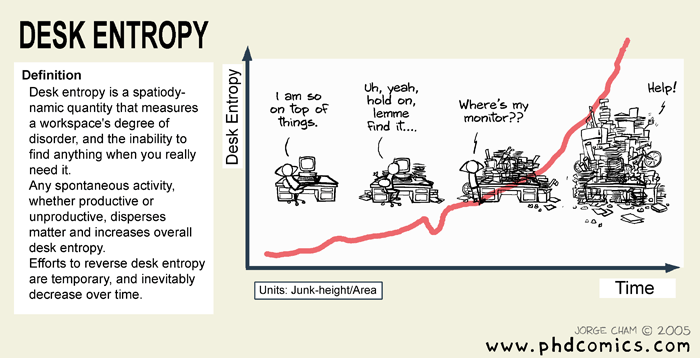
(mo i'm sorry i'll do your test soon...)
a trip to the bay area with my beloved and trendy friends has totally turned me into a bimbo. we shopped and shopped, for clothes, for shoes, for earrings, for handbags. we took photos everywhere. we laughed and screamed. and walked around like bimbos. man. although i have to say that the berkeley area has way too many homeless people for me to feel comfortable looking like a bimbo in the streets, i still had quite a bit of fun.
and then back to the question. can i really be a scientific bimbo? the phrase itself seems to contain irony... i admit that i'm at times torned apart by the totally opposite ways of life. a materially insipid lab rat life that gives me more than enough intellectual stimuli to last for a life time, and a life with food and fashion and glitter and shimmer, and chatting with girlfriends, and talks about love and life and boys, and endless shopping to improve our looks. i don't have time for both. the choice has been made. well. i only have a tiny taste of it over the very very short vacations that i take outside the lab. and that was good lol.. but no matter how tempted i get, fate gets me into the life of
Piled Higher and Deeper.
talking about conflicting interests and distractions and stuff, i called my mom when i was shopping in the forever 21 in san francisco. i went "mom there are so many shops...gosh this is terrific...berkeley is such a convenient school i wish i had applied here instead of that deprived la jolla..." she calmly replied "oh really. i'm glad you didn't then."
